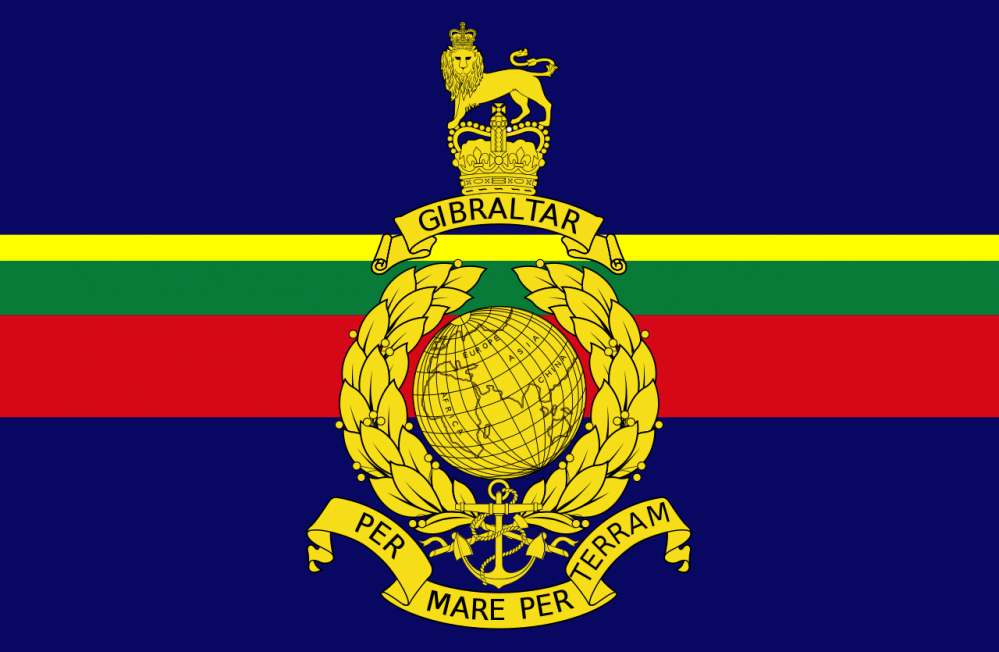
Per Mare Per Terram
His Magesty's Marine Forces
In 1755, the first permanent Marine force was created with stations at Portsmouth, Chatham, and Plymouth. This force very closely mimicked the army in appearance, including all the changes as time when on. This included headgear for grenadier battalions and also some of the, sometimes short-lived, changes of light infantry battalions, as the introduction of those forces carried on. The early permanent Marines were very much an extension of regular infantry units serving on ships and used for landings and such, but also more extensive land combat. It should be noted, though, that the primary purpose of these men was the defense of land stations and as security and discipline aboard ships, and to fight from the decks while in naval combat.
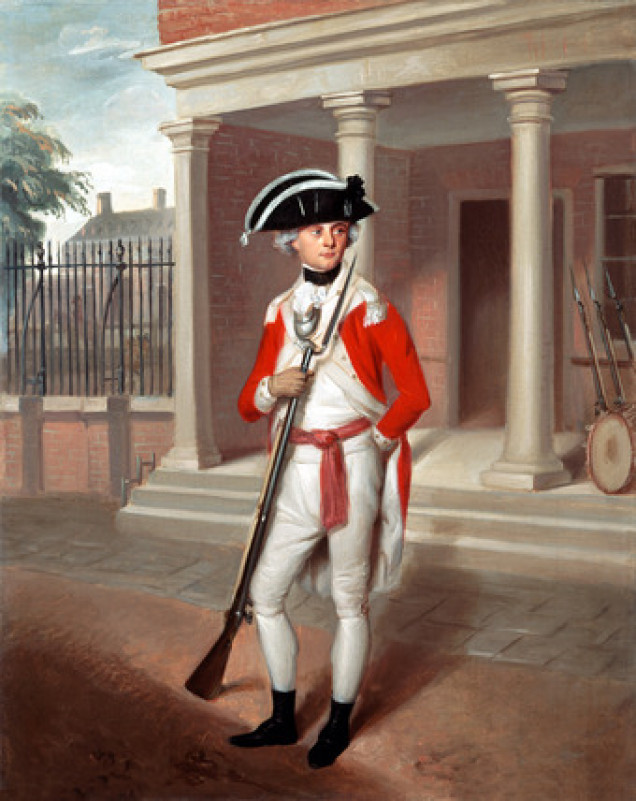 Pictured here is an officer who, at first glance, looks like a regular army officer with the same cut of uniform and such like. Of note here, though, are the facings (cuffs and collars, mostly) which are white.
Pictured here is an officer who, at first glance, looks like a regular army officer with the same cut of uniform and such like. Of note here, though, are the facings (cuffs and collars, mostly) which are white.Whereas before, each regiment of Marines could have whatever colour their Colonels chose, all Marines of this new force were assigned the colour white. This is because they were, less and less organised into the same regiments as the army. In fact the initial force was 50 companies within 3 divisions (one each for Portsmouth, Chatham, and Plymouth). This actually makes marines of this time very easy to replicate in miniature form as you can very simply pick up a box of regular army units of the time and simply paint the facings white.
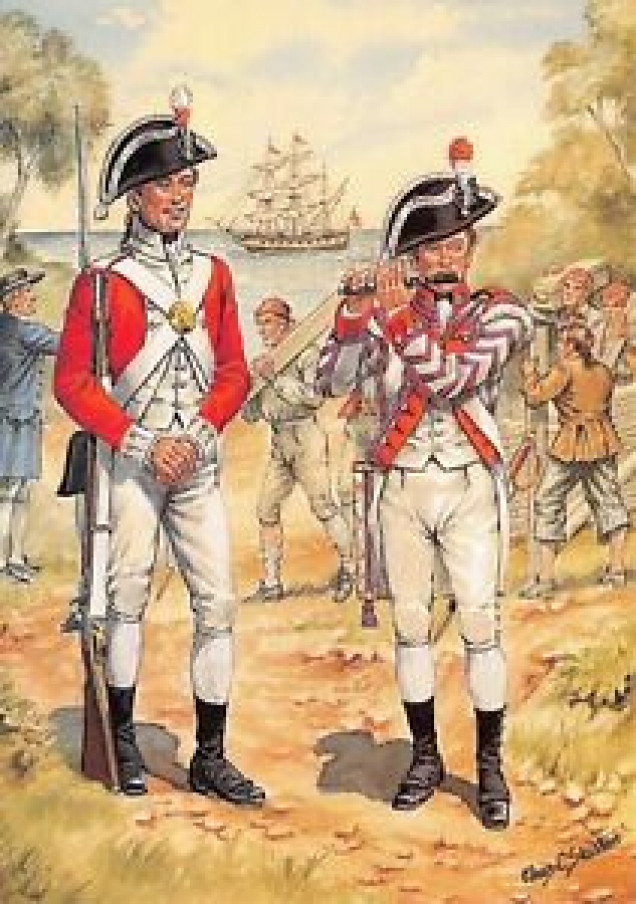 This is a bit blurry, but does show that the drumers and fifers of the Marines were even wearing the 'reverse colours' that regular army units of the time did, as well. If anyone has seen Master and Commander (and if you haven't, do) you may have noticed that it is a Marine who 'Beats to Quarters' when a ship goes into action...though we'll get to the Napoleonic Marines later.
This is a bit blurry, but does show that the drumers and fifers of the Marines were even wearing the 'reverse colours' that regular army units of the time did, as well. If anyone has seen Master and Commander (and if you haven't, do) you may have noticed that it is a Marine who 'Beats to Quarters' when a ship goes into action...though we'll get to the Napoleonic Marines later.This period includes The Seven Years War and The American Revolution, which are mostly likely to be the more popular areas of wargaming here, but luckily you could very easy supplement the same basic British Infantry in as Marines, just remember the white facings and, if you really wanted to go an extra mile, maybe paint one of the officers of a regiment (in massed combat systems) as a Naval officer as it wasn’t until 1771 that any Marine officer was promoted to the rank of Colonel because the Naval officers felt that their ranks were honorary anyway. I know that Warlord and Perry Miniatures have some plastic infantry of these types, though you may also find that Victrix do as well. I would say that this is still a time where Marines are better suited to Skirmish games, but it was Major Pitcairn’s Marines that took the redoubt at Bunker Hill, so there are moments of larger engagements.































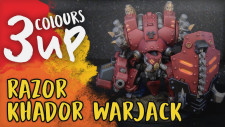
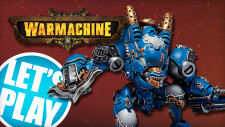
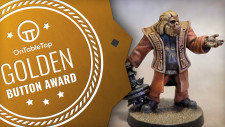

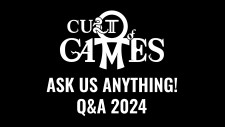
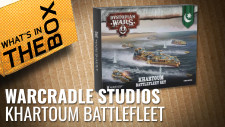






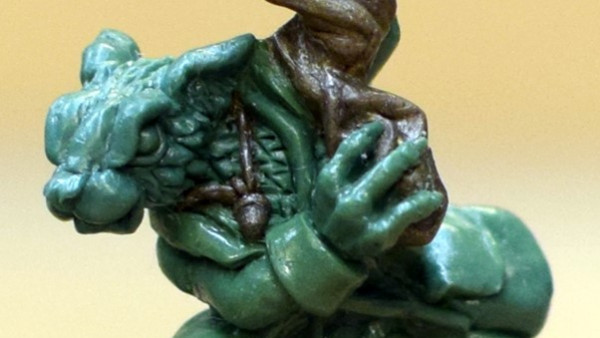
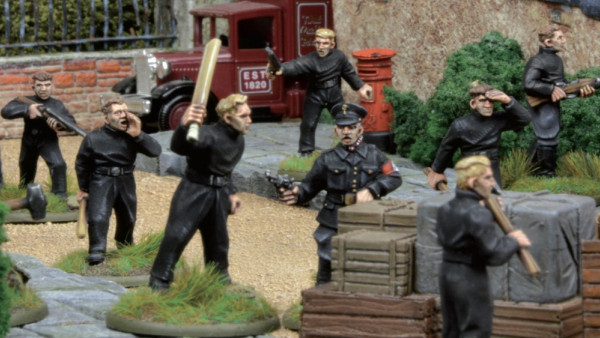
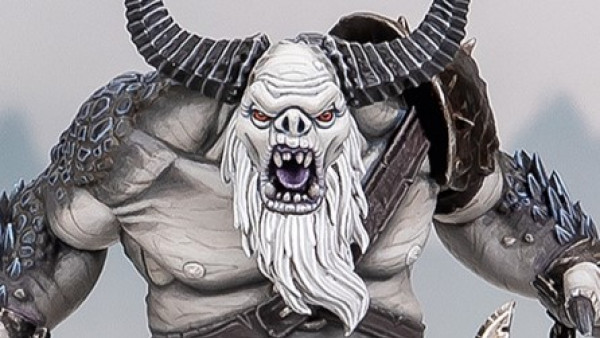
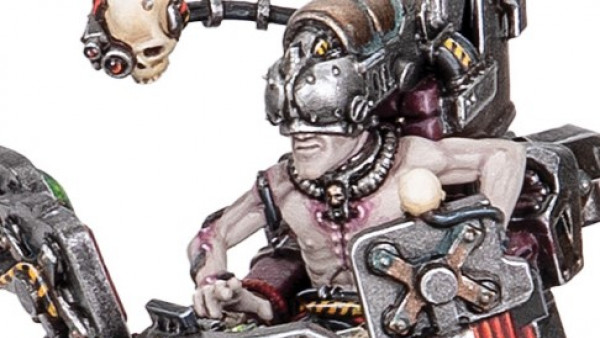
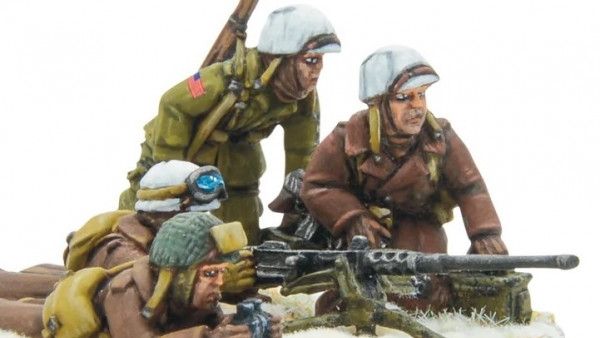
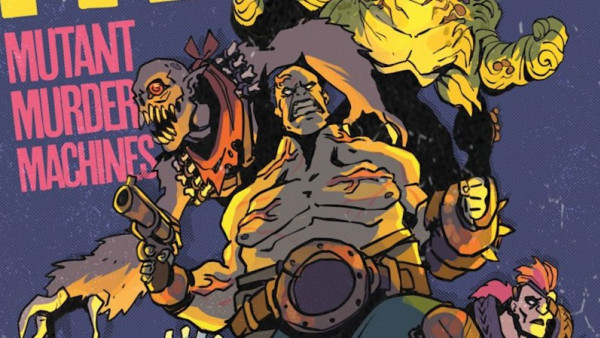
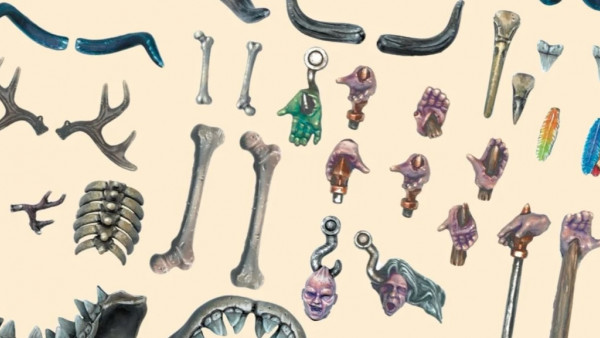
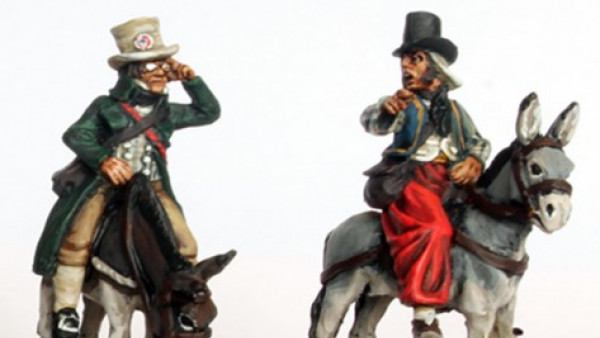
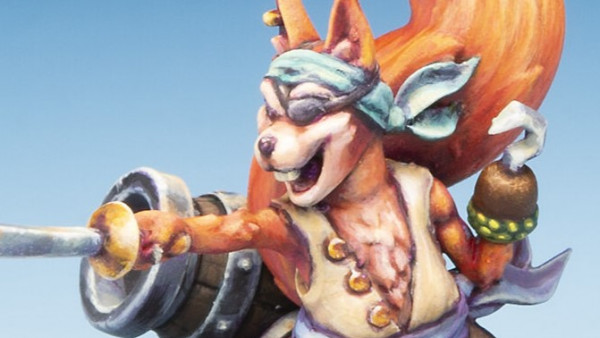
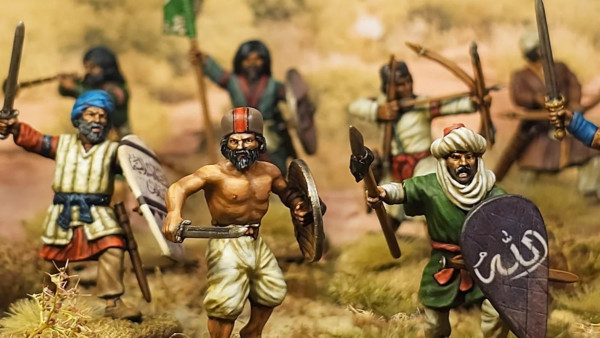
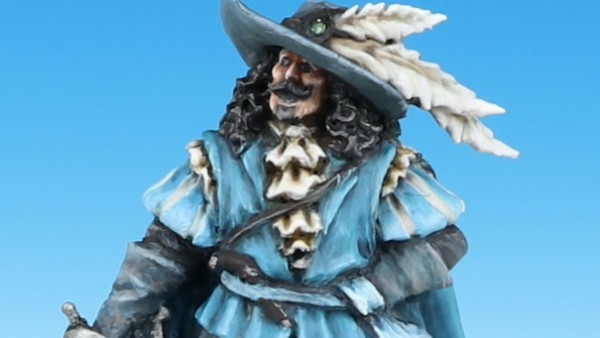
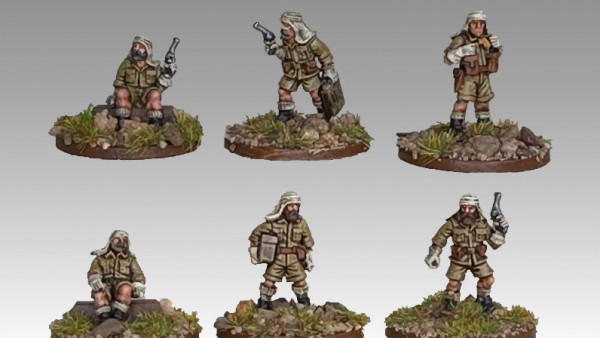
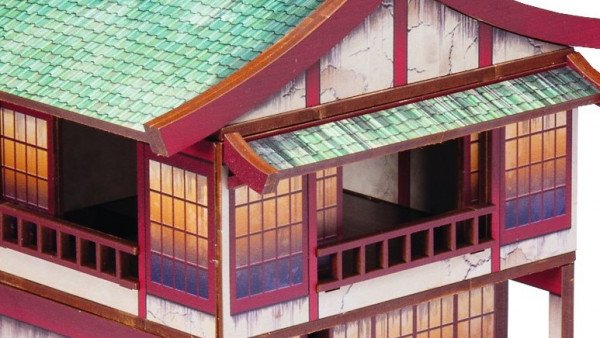
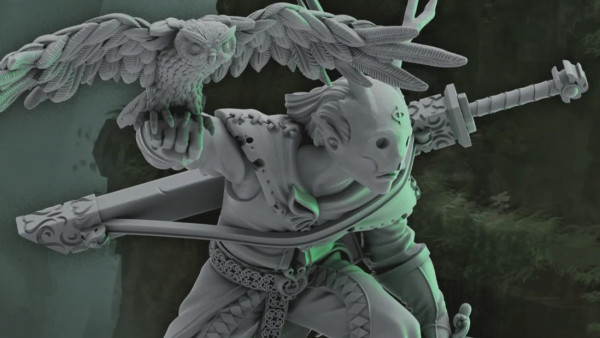
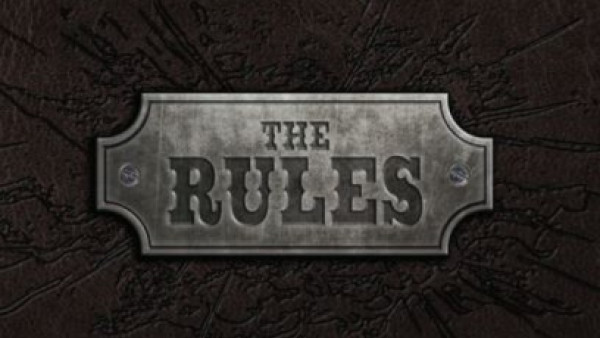
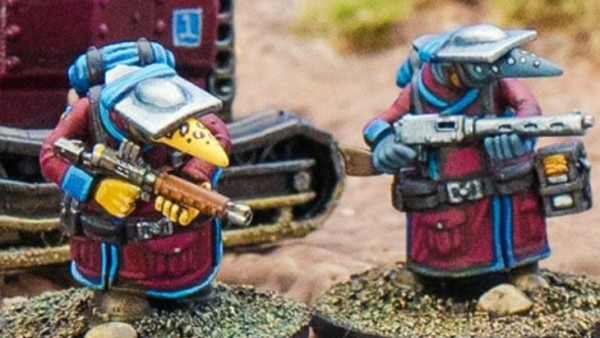
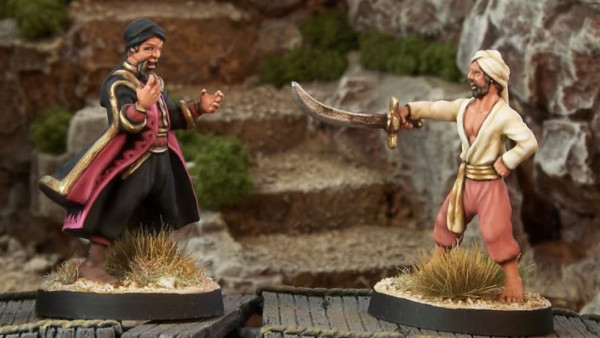
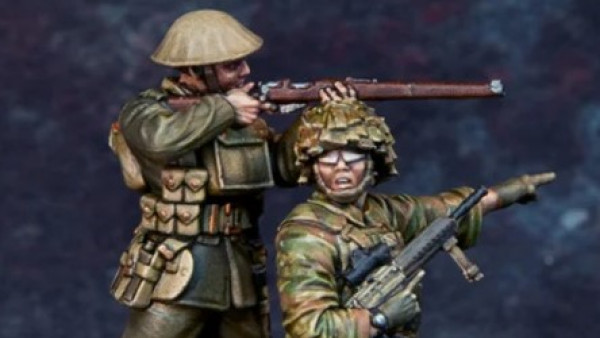
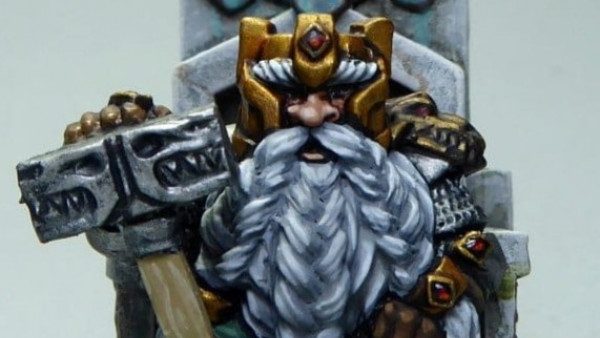
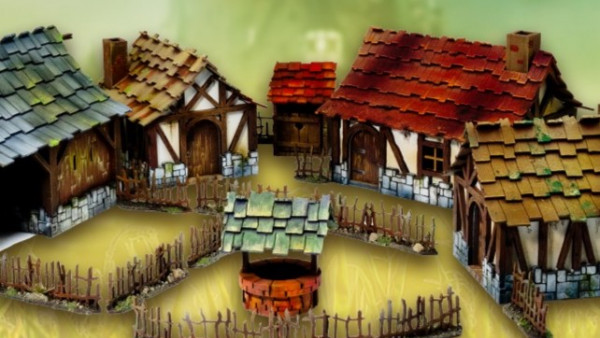
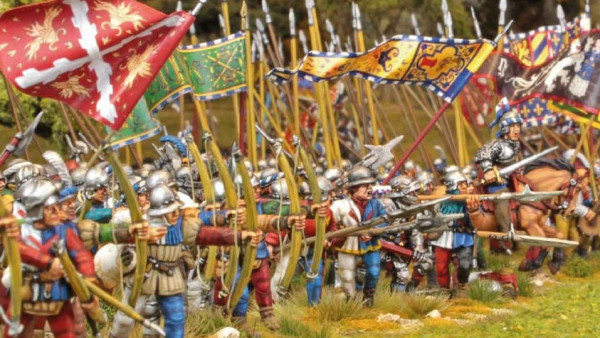
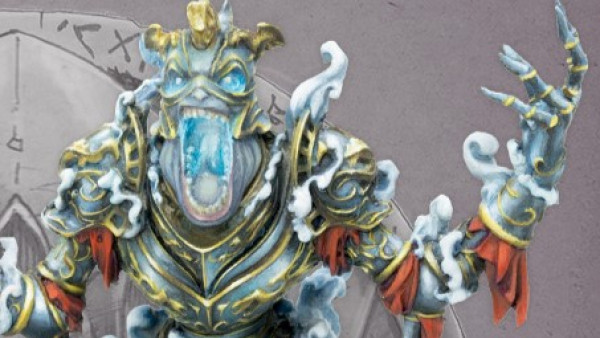
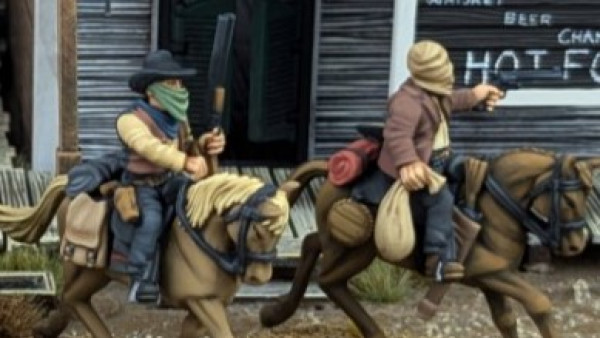

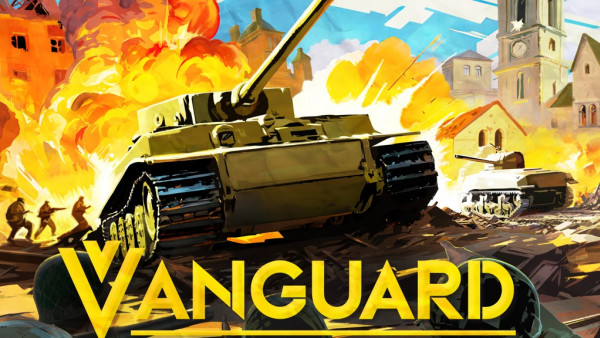
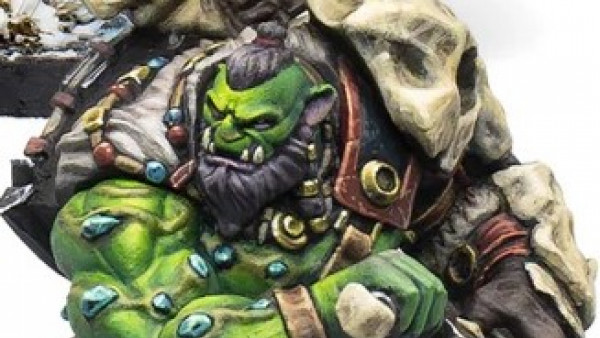
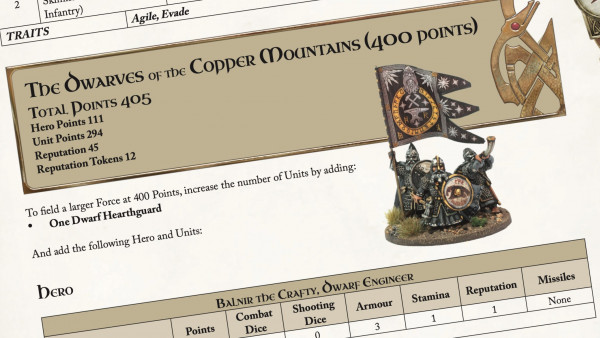
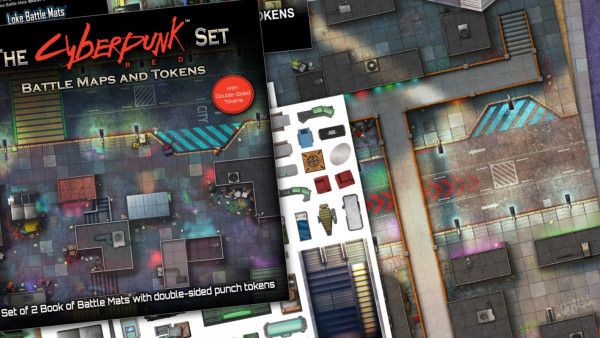
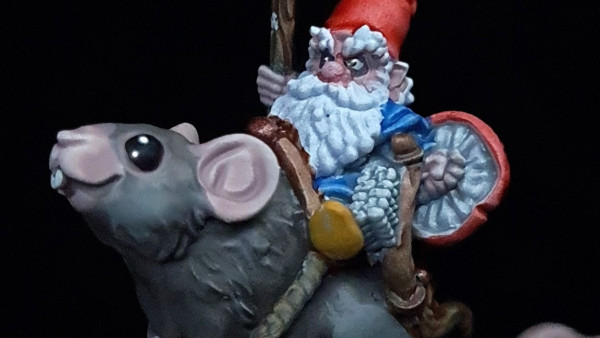


Leave a Reply